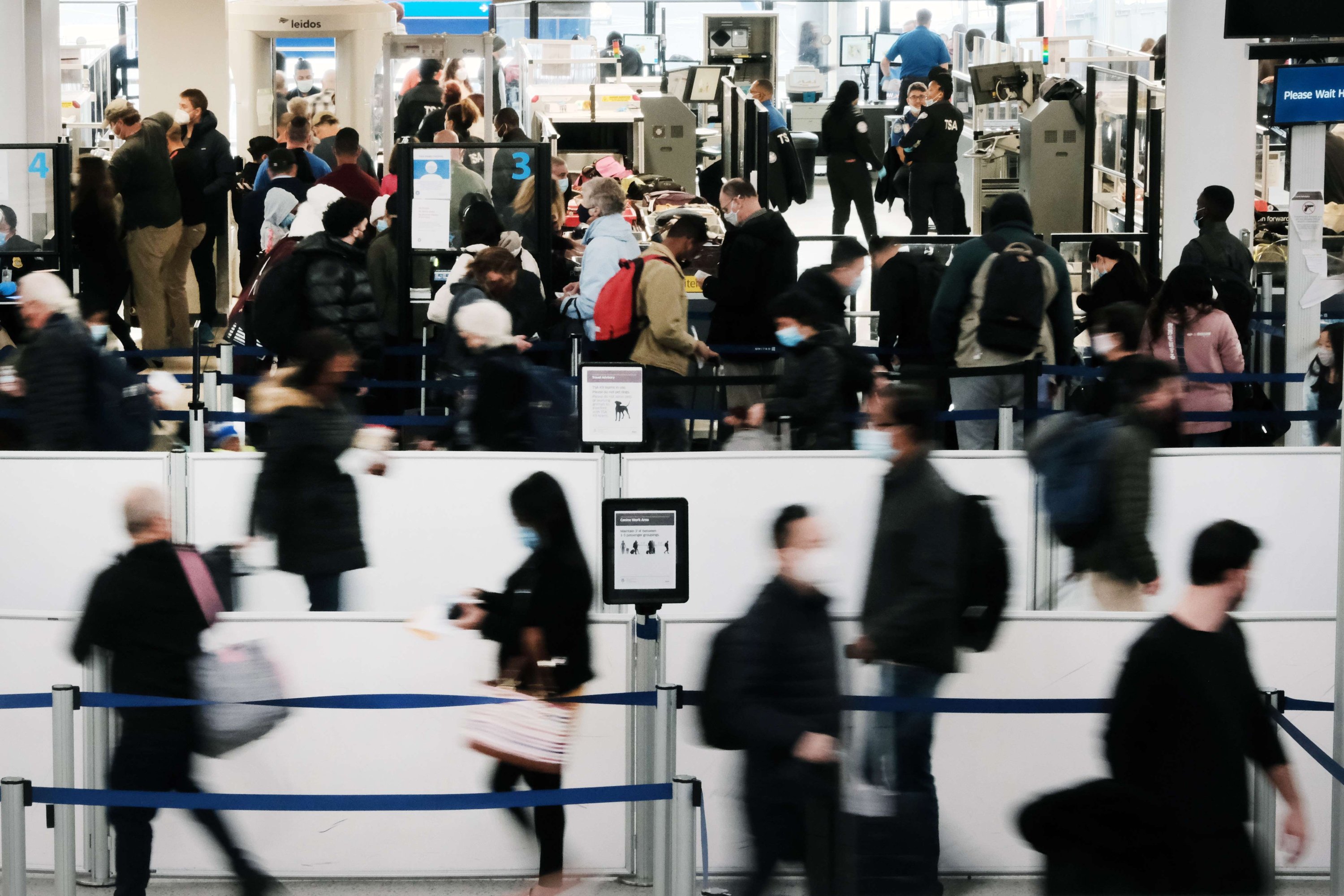The discovery of the new coronavirus variant Omicron has caused alarm in Central Asia’s largest country, with officials in Nur-Sultan taking all necessary measures to contain the mysterious strain and avoid it spreading across Kazakhstan.
Marat Shoranov, the country’s vice minister of healthcare, revealed Tuesday that Kazakhstan would curb entry for foreign citizens from some African countries, as well as Hong Kong, to prevent the virus from spreading. The list of the African countries includes Botswana, South Africa, Lesotho, Namibia, Zimbabwe, Mozambique, Malawi, Madagascar, Eswatini, and Tanzania.
“Given the emergence of the new Omicron strain, an interdepartmental commission decided to introduce restrictive measures from December 3,” TASS quoted Shoranov as saying on the sidelines of the government meeting.
He further added that Kazakhstan will also suspend flights with Egypt, citing a case of the Omicron variant of coronavirus found in Belgium in a passenger arriving from Egypt. Last month, the passenger traffic between Kazakhstan and Egypt amounted to 13,000.
At the same time, visitors from the countries affected by the new Omicron strain, including Israel, the Czech Republic, the Netherlands, Belgium, the UK, Italy, Germany, Australia, and Canada, are required to provide a negative PCR test result, regardless of their vaccination status. Visitors coming from these countries should also undergo a seven-day quarantine.
The new coronavirus variant Omicron was first announced in South Africa on November 24. After the World Health Organization (WHO) called Omicron “a variant of concern (VOC),” many countries were prompt to impose travel restrictions.
The new Covid-19 strain named after the 15th letter of the Greek alphabet has more than 30 mutations to the spike protein alone. According to the WHO, some of the mutations are associated with a decrease in antibody protection and higher transmission.
“Preliminary evidence suggests an increased risk of reinfection with this variant, as compared to other VOCs,” reads the statement issued by the WHO last week.
Although many questions about Omicron are yet to be answered, some experts believe it may be more dangerous than even the highly contagious Delta strain. The WHO said it would take weeks to study Omicron.
Adrian Puren, who heads South Africa’s National Institute for Communicable Diseases (NICD), told Reuters that the Omicron coronavirus variant could be the most likely candidate to displace the highly contagious Delta variant.
So far, the highly mutated Covid-19 variant has been detected in at least 30 countries worldwide.







 The number of evacuees from flooded areas in Kazakhstan has reached 97,852 people, including about 32,856 children since March 27.
The number of evacuees from flooded areas in Kazakhstan has reached 97,852 people, including about 32,856 children since March 27.
 The Islamic holy month of fasting, Ramadan comes to an end this week with the celebration of a joyous festival called Eid (meaning “festival” in Ar...
The Islamic holy month of fasting, Ramadan comes to an end this week with the celebration of a joyous festival called Eid (meaning “festival” in Ar...
 Iran's senior military leaders described the drone and missile attack on Israel on April 14 night as “successful".
Iran's senior military leaders described the drone and missile attack on Israel on April 14 night as “successful".
 Iranian President Ebrahim Raisi warned Israel that it would face a "real and extensive" response if it makes any "mistake" following Tehran’s missi...
Iranian President Ebrahim Raisi warned Israel that it would face a "real and extensive" response if it makes any "mistake" following Tehran’s missi...



